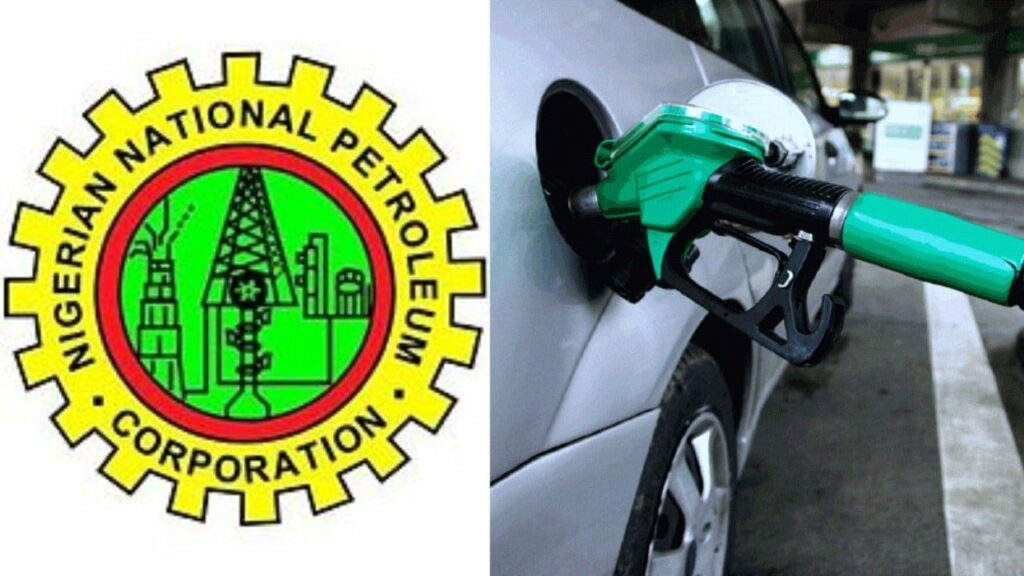The Nigerian National Petroleum Company (NNPC) Limited says there is a correlation between the country’s petrol subsidy regime and the “vicious cycle of poverty” in the nation.
Lawal Musa, senior business advisor to Mele Kyari, group chief executive officer (GCEO) of NNPC, made this known at a joint National Association of Nigerian Students (NANS)/Civil Society Organisations (CSOs) event.
According to the National Bureau of Statistics (NBS), 133 million citizens in Nigeria — Africa’s biggest economy — are multidimensionally poor.
Speaking at the event on Thursday, Musa said the federal government spends as much as N4.8 trillion annually on petrol subsidy — at the detriment of the wellbeing of Nigerians.
In a presentation titled, “petroleum industry act (PIA) and the Nigerian economy’’, he said the amount spent on petrol subsidy payments could deliver infrastructural projects to the citizens.
Further analysing the opportunity cost of the subsidy spending, Musa said deregulation of petrol prices could deliver 500,000 new houses and skill up of 2 million Nigerian students, among others.
According to Musa, the amount spent on subsidy could provide 7,500 kilometers of road network at N400 million per kilometre and 37 well-equipped 120-bed tertiary health centres at N32 billion per hospital annually.
He added that the subsidy spend could deliver N12 trillion in four years to Nigeria, adding that the cost of petrol subsidy surpasses the direct benefits to the masses.
In addition, the NNPC GCEO adviser said deregulation of PMS prices could also provide additional 27,000 megawatts of electricity to Nigerians as well as build and equip 2,400 hospitals in 774 local government areas.
“Nigeria is the largest producer of crude oil in Africa, possessing 28 percent of Africa’s reserve, with petroleum contributing significantly to the country’s economy,” he said.
“The benefits derived have over the years been eroded due to the amount paid on subsidy, a regime [that] has been fuelling the vicious circle (sic) of poverty in the country.”
Musa explained that petrol was sold at the lowest price in Nigeria, among most West African countries, in spite of the average cost of $2.7 per litre globally, which amounted to about N570 per litre.

